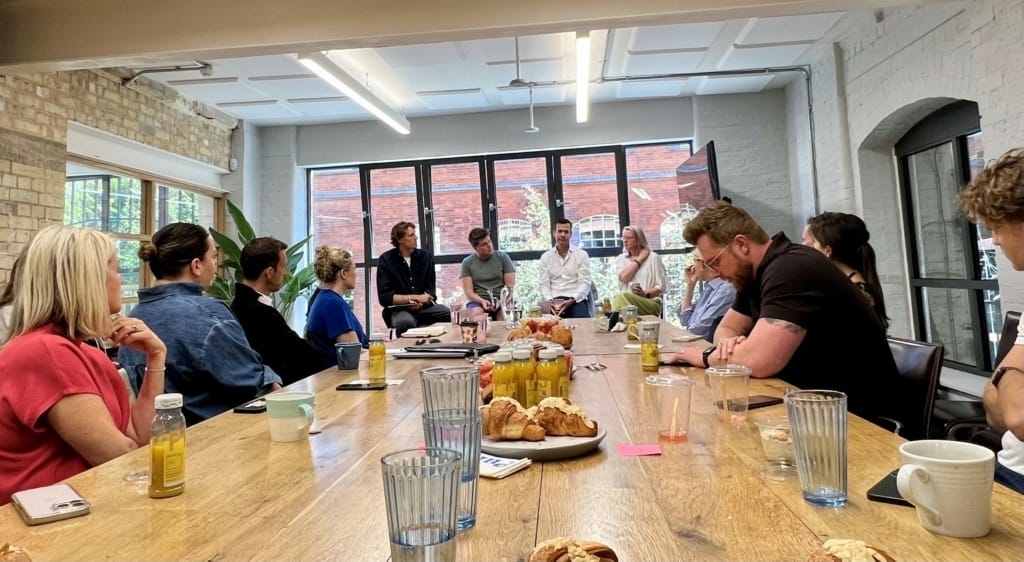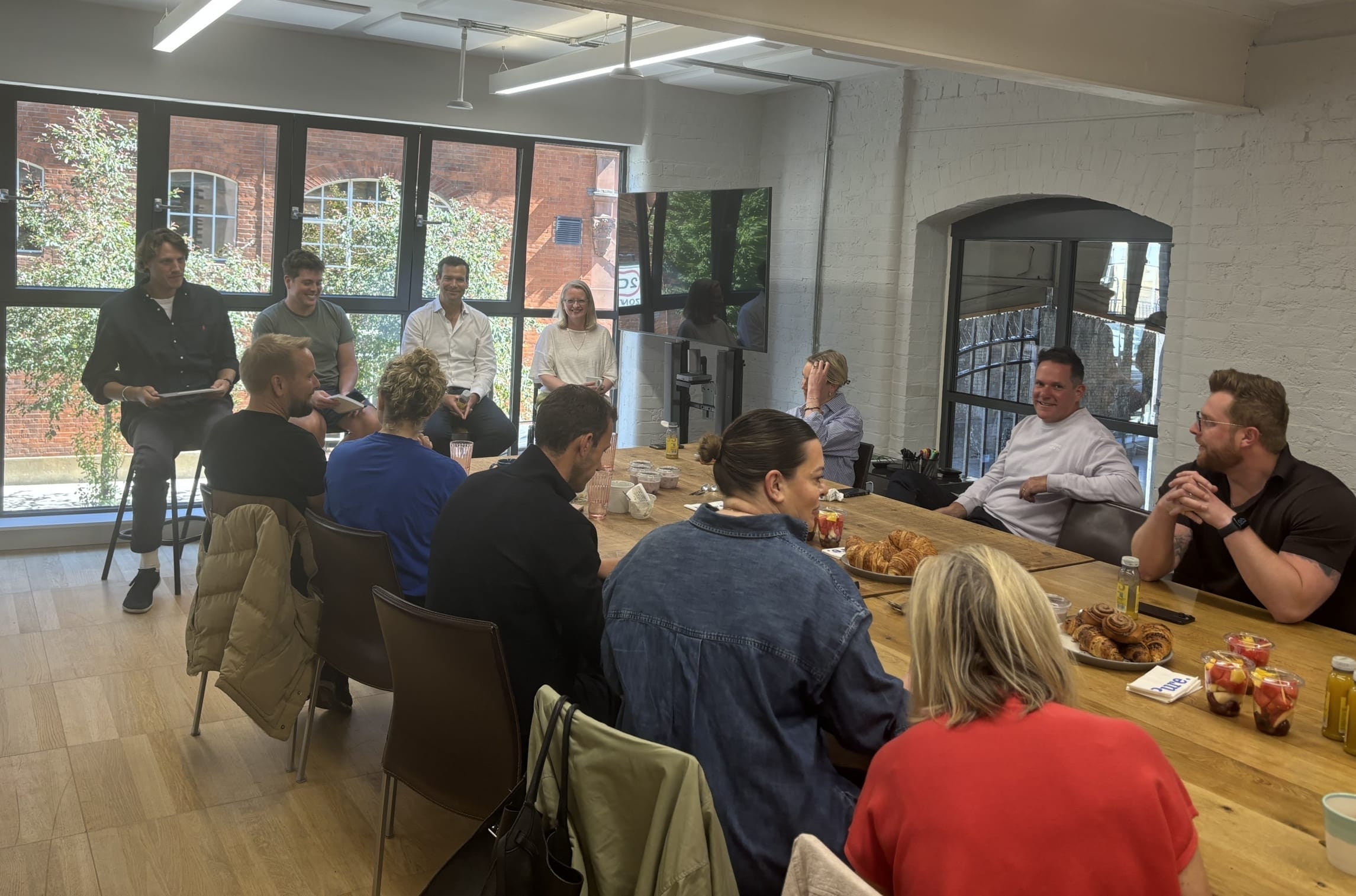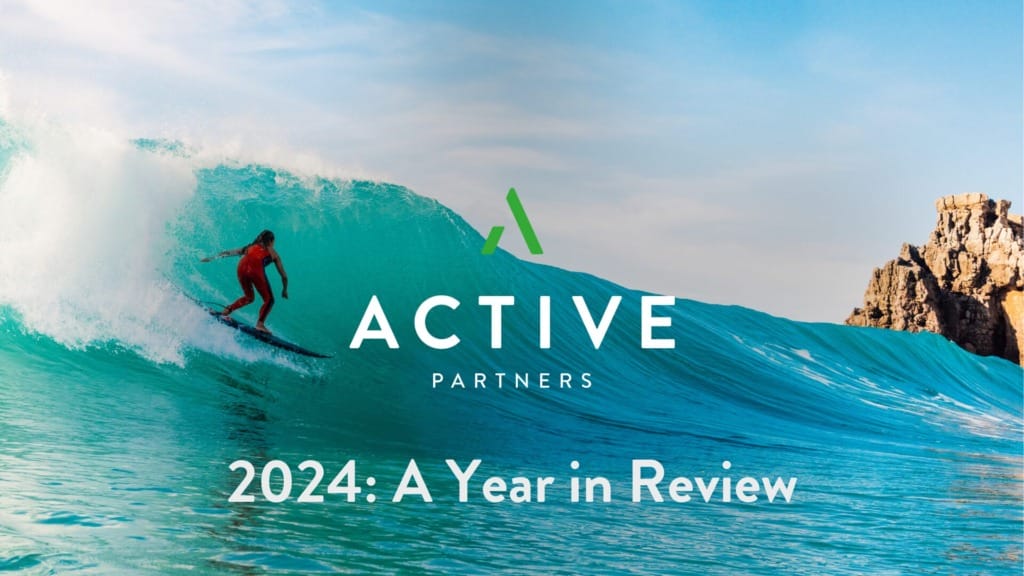It’s no secret that the fundraising market has evolved significantly over the last few years. Capital is harder to come by, investors scrutinise unit economics and a path to profitability more closely, and founders need more time to secure funds. But the best businesses are still being funded, and as consumer investors, we meet exceptional founders every day who aim to transform the consumer market and make people’s lives happier, healthier, and more sustainable.
To help navigate today’s funding landscape, we recently brought together founders from our early-stage portfolio and the broader consumer ecosystem for an open and honest conversation on fundraising success. Billy Fox, one of our early-stage investors, moderated a panel featuring Janice Cargo, a Partner at Active Partners, Brett O’Farrell, Co-Founder at the UK’s leading fresh cat food brand KatKin and Christopher Jones, Managing Partner at corporate finance advisory firm Clearwater, offering diverse perspectives from across the entrepreneurial ecosystem.
Over breakfast, we delved into everything from finding the right investors and setting valuations to understanding the value of a “no” and the importance of storytelling.
Here are some of our key takeaways:
Always fundraise before you really need to
Leave yourself plenty of time to raise and start having the conversations long before you really need the money. In the current market, closing a round can take anywhere from four to six months.
As Christopher noted:
“You don’t want to be cash-strapped and trying to raise funds, as you are less likely to get the terms you want.”
Build investor relationships early – a no today could be a yes tomorrow
Invest time in meeting potential investors early and build enduring relationships. This long-term approach builds confidence and can pay off in future rounds. Brett shared that at KatKin, each successful funding round involved investors he had met during previous rounds when they initially declined.
“You’re never not fundraising,” Brett aptly stated.
Conversations you might have at an event or through introductions could be the most fruitful for future rounds.

A ‘no’ from an investor provides valuable feedback
While a no can be disappointing, it offers critical feedback to refine your pitch. Brett emphasised tackling no’s head-on and learning as much as you can from them. Multiple conversations can reveal where your story resonates, where you encounter friction and where you need to iterate, proving invaluable as you progress in the fundraising process.
Increased focus on profitability
Investors are paying close attention to profitability in the current market. You don’t need to be profitable today, but you need to demonstrate strong unit economics and a clear path to profitability.
“Kick the tyres around profitability yourself first, as they will be kicked by investors,” Christopher advised.
Founders need to be prepared for heightened scrutiny and emphasis on sustainable profitability.
Decks are valuable, but storytelling is fundamental
While your fundraising deck is vital, use it to tell your story. Janice highlighted the importance of storytelling in early conversations when investors want to learn about you, your business and why you are the right person to build it now. Think about how you can use data to underpin your story too. For consumer brands, powerful storytelling distinguishes you, creates an emotional connection with your customers, and builds community. Treat investors as you would your customers, bringing them along on the journey with impactful storytelling.
There’s no hard and fast rule with valuations
Whether founders set the terms upfront or wait for investors varies. Brett suggested not anchoring a valuation too early, allowing investors to stay engaged without a reason to say no prematurely. Janice isn’t deterred by either approach unless the valuation is unrealistically high. Christopher advised, “Never be too dogmatic about valuation – ultimately it’s a negotiation and market-driven dynamic which depends on levels of demand.”
Discuss exit strategies early
While exit might seem distant during early funding rounds, it’s important to discuss this with investors upfront.
“It’s a conversation you shouldn’t shy away from with investors. There is no point going into a marriage with different expectations,” Janice noted.
Early discussions ensure alignment and shared ambition. Advisors can offer valuable insights into the process too and keep you in mind for potential acquirers.
A huge thank you to our brilliant speakers and founders for joining us and making it an insightful and engaging conversation.



